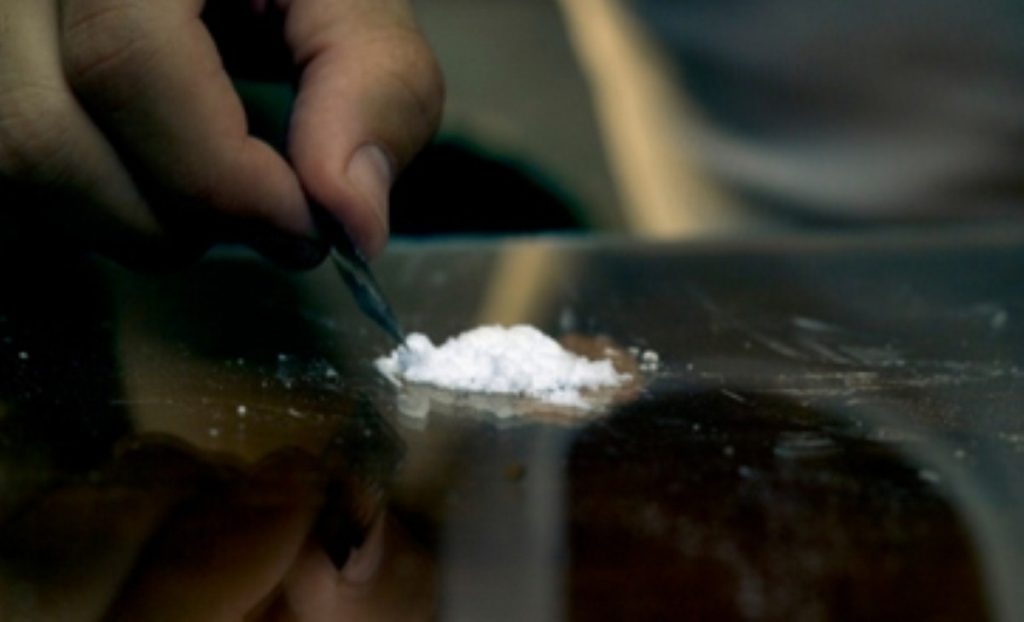Comment: The rest of the world is leaving Britain behind on drug reform
By Laura Gozzi
Oddly – almost absurdly – Aodhan O’Riordain, the Irish justice minster, came to London yesterday to deliver an oration that amounts to a 'red letter day' for drugs reform in his country. His call for decriminalisation of the possession of small quantities of drugs stands in startling contrast to the illiberal ambivalence of mainstream political parties in the UK.
The Republic of Ireland and the UK operate within a similar political culture. Yet the Irish and the British debates on drugs reform have taken very different paths.
O'Riordain's announcement that drug users will be able to use medically supervised injection rooms as of next year, signals a move towards a more inclusive system. The minister discussed the new policies – which he said amount to a "radical cultural shift" in the approach to drug addiction – at the London School of Economics' IDEAS International Drug Policy Project workshop.


Other speakers at the event included Open Society Foundations fellow Liz Evans, detailing the case of North America's only legal supervised injection sites, and Professor John Strang of Kings College, who discussed the experience and scientific evidence of such sites.
The evidence of the successful Canadian, Swiss and Portuguese cases for drug decriminalisation – as well as O'Riordain's call for a more compassionate state – highlight how stagnant the British drug debate has become.
Speech from @AodhanORiordain in London this afternoon where he touches on supervised drug injection centres pic.twitter.com/6BuMsTfGHD
— Gavan Reilly (@gavreilly) November 2, 2015
The portrayal of the issue in British media media is weak at best and demonising at worst; tabloids in particular have reinforced harmful, dehumanising stereotypes of drug addicts as criminals.
Conversely, foreign researchers spoke of the life-saving benefits of medically supervised injection centres that provide users with counselling and treatment. To the inevitable criticism, O’Riordain pre-emptively replied: "It’s for the state to provide the first step towards recovery, but this doesn’t mean that the state would facilitate destructive behaviour."
The dramatic difference in attitudes towards drug reform in the British Isles is perhaps best encompassed by the official titles of the Irish and British lawmakers.
In Ireland, O’Riordain holds the title of minister with responsibility for the national drugs strategy. His British counterpart, Mike Penning, is minister for policing, crime and criminal justice and victims; this falls under the domain of the Home Office, making it a criminal matter rather than a health issue.
One of Penning’s predecessors, Professor David Nutt, was famously sacked by then-Home Secretary Alan Johnson in 2009 for declaring that ecstasy and LSD were less dangerous than alcohol. At the time, Professor Nutt’s case sparked a debate on the importance of research and evidence over political or moral positioning.
Paraphrasing Fyodor Dostoevsky, Winston Churchill once said a society's attitude to its "criminals" is the measure of "the stored up strength of a nation". Many countries across Europe and beyond are finally tackling ineffective drug policies by freeing users from the criminal implications of addiction and plenty of evidence shows the beneficial impact this has on entire communities.
Meanwhile, the UK seems to be stubbornly anchored in the past, determined to entrench the harmful divide between drug users and the rest of society.
Laura Gozzi is a freelance journalist with an interest in politics and Russia. You can follow her on twitter here.
The opinions in Politics.co.uk's Comment and Analysis section are those of the author and are no reflection of the views of the website or its owners.









